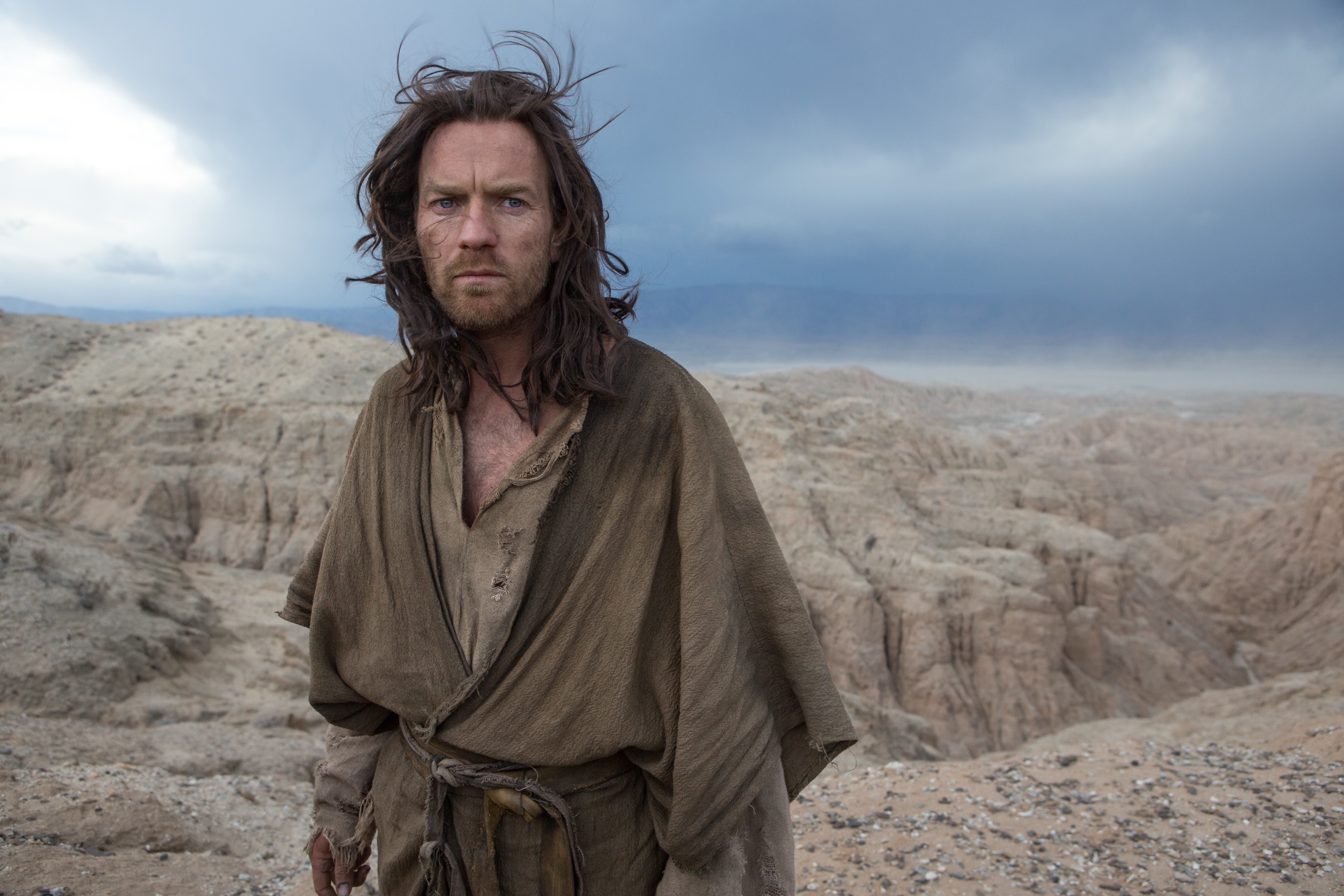Portraying Jesus on film continues to be a delicate endeavor for filmmakers.
No matter how sacrosanct the Christ figure might be painted on the big screen, Christian audiences hold diverse but passionate opinions when it comes to the depiction of their savior. Whether it’s a story as brutal as Mel Gibson’s “The Passion of the Christ,” controversial as Martin Scorsese’s “The Last Temptation of Christ” or safe as the 2014 film “Son of God,” audiences are vocal and distinct when reacting to sacred interpretation.
Perhaps that’s why writer/director Rodrigo Garcia chose to create an entirely fictional chapter from the life of Jesus in this year’s Sundance premiere “Last Days in the Desert.”
Starring Ewan McGregor, the 98-minute film tells the story of Jesus’ final days of fasting and praying in the desert. While still frustrated in his search for purpose, Yeshua, as Jesus is referred to in the film, meets a family struggling to find harmony in their own lives and eager for the company of an interesting stranger.
“I don’t see it as a faith-based film,” McGregor told Entertainment Weekly in a recent interview. “It’s not telling a biblical story. I think it’s a film about fathers and sons. Jesus and God are the ultimate father-and-son relationship.”
McGregor takes on the roles of both Yeshua and Lucifer in the film, providing many of its most compelling moments. As Lucifer continually tries to weaken Jesus’ resolve, the two maintain a surprisingly cordial relationship and mutual respect for each other’s position in God’s plan. This exchange leads to one moment in the story which McGregor claims may be the best scene he’s ever played.
“The depth of the questioning, the twists and turns, the sort of one-upmanship between Jesus and the devil, it’s such a wonderful scene,” he told EW.
Because of the weight that attends religious-based movies, Garcia expects a certain amount of controversy to follow the project. And while the story maintains the divine nature of Jesus, Garcia explained to EW that he could only focus on the earthly attributes of the character.
“I can only approach the human side of this character. How do you approach the divine? It’s not something we can wrap our minds around,” he said. “Quite simply, whatever your stance is, if you believe Jesus is the Son of God, that’s an enormous destiny for someone. That’s a fascinating thing to discuss. If you don’t believe Jesus was the Son of God, he had an incredible message and was a spiritual giant.”
The film is something of a mixed bag. Putting aside all religious connotations, “Last Days in the Desert” enjoys sparks of genuinely interesting dialogue, most often between Lucifer and Jesus. But, as one might expect from a film focusing on a character walking through the desert, the project falls victim to uncertain pacing and often random resolutions.
Still, for the patient moviegoer, Garcia’s use of an everyday father-and-son relationship in the face of Yeshua’s personal quest to understand his own father will leave audiences with a lot to think about.
Originally published for the Deseret News.

